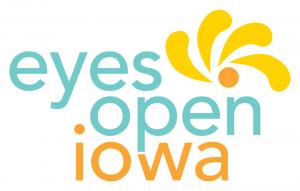Whether you are building support for a new program or service or working to sustain an existing program or service, it’s important to build and maintain relationships with key stakeholders, as well as use effective messages and delivery strategies to mobilize diverse audiences to promote adolescent health.
On a national level, Healthy Teen Network's advocacy efforts are focused around promoting and advancing adolescent sexual and reproductive health programs and services as critical to the well-being of our nation. Healthy Teen Network understands the need to maintain a spotlight on adolescent sexual and reproductive health and promote understanding of the interplay of the environment on sexual and reproductive health outcomes.
Want help in your efforts to build support for programs and services? Healthy Teen Network can work with you to…
Develop campaigns, strategies, and materials to support public policy changes at the state or local levels on issues relevant to youth.
Build support and cultivate relationships with key stakeholders, developing positive community engagement.
Write winning grant proposals in support of your fund development efforts.
Share your successes and tell your story, using strategies such as data visualization.
And more! Reach out to Healthy Teen Network to start a conversation to get the policy support you need.




